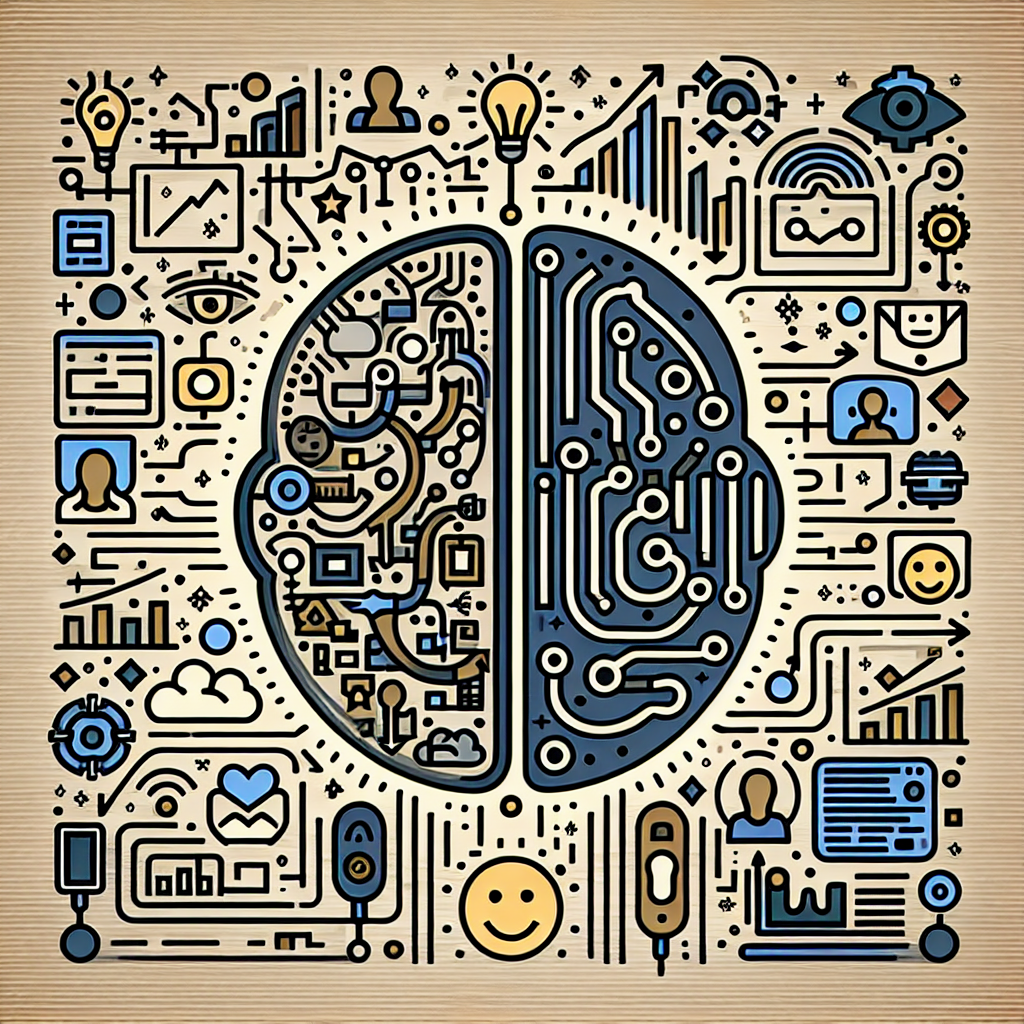In today’s fast-paced digital world, businesses are constantly looking for ways to improve customer experiences and drive growth. One of the most exciting developments in recent years is the use of artificial intelligence (AI) and machine learning to transform customer interactions. These technologies are revolutionizing the way companies understand and engage with their customers, leading to more personalized and efficient experiences.
AI and machine learning have the power to analyze vast amounts of data in real-time, allowing businesses to gain valuable insights into customer behavior and preferences. This information can then be used to tailor products and services to meet individual needs, ultimately increasing customer satisfaction and loyalty.
One of the key ways AI and machine learning are transforming customer experiences is through the use of chatbots. These virtual assistants can engage with customers in real-time, providing personalized recommendations, answering questions, and resolving issues. By leveraging natural language processing and machine learning algorithms, chatbots can understand and respond to customer queries in a human-like manner, significantly improving the efficiency of customer service operations.
Another important application of AI and machine learning in customer experiences is predictive analytics. By analyzing historical customer data, these technologies can predict future behavior and trends, allowing businesses to proactively address customer needs and preferences. For example, retailers can use predictive analytics to anticipate which products customers are likely to purchase, enabling them to offer targeted promotions and personalized recommendations.
AI and machine learning are also being used to enhance the personalization of marketing campaigns. By analyzing customer data and behavior, businesses can create hyper-targeted marketing messages that resonate with individual customers. This level of personalization not only increases the effectiveness of marketing efforts but also improves the overall customer experience by delivering relevant content at the right time.
Furthermore, AI and machine learning are revolutionizing the way companies handle customer feedback and sentiment analysis. By automatically analyzing customer reviews, social media posts, and other sources of feedback, businesses can gain valuable insights into customer perceptions and opinions. This information can then be used to identify areas for improvement and make data-driven decisions to enhance the customer experience.
Overall, AI and machine learning are transforming customer experiences by enabling businesses to understand and engage with their customers in more personalized and efficient ways. By leveraging these technologies, companies can drive growth, increase customer satisfaction, and stay ahead of the competition in today’s rapidly evolving marketplace.
FAQs:
1. What is the difference between AI and machine learning?
AI refers to the broader field of computer science that aims to create intelligent machines that can mimic human cognitive functions, such as learning, reasoning, and problem-solving. Machine learning is a subset of AI that focuses on developing algorithms that allow computers to learn from and make predictions based on data.
2. How can businesses implement AI and machine learning in customer experiences?
Businesses can implement AI and machine learning in customer experiences by leveraging technologies such as chatbots, predictive analytics, personalization, and sentiment analysis. By integrating these tools into their customer service, marketing, and product development processes, companies can improve the overall customer experience and drive growth.
3. What are the benefits of using AI and machine learning in customer experiences?
Some of the benefits of using AI and machine learning in customer experiences include improved personalization, enhanced efficiency, increased customer satisfaction, and better decision-making based on data-driven insights. These technologies can help businesses better understand and engage with their customers, leading to stronger relationships and increased loyalty.
4. Are there any challenges or risks associated with implementing AI and machine learning in customer experiences?
While AI and machine learning offer many benefits, there are also challenges and risks to consider. These include concerns about data privacy and security, the potential for bias in algorithms, and the need for ongoing training and maintenance of AI systems. It is important for businesses to carefully consider these factors and implement proper safeguards to ensure the responsible use of these technologies in customer experiences.

